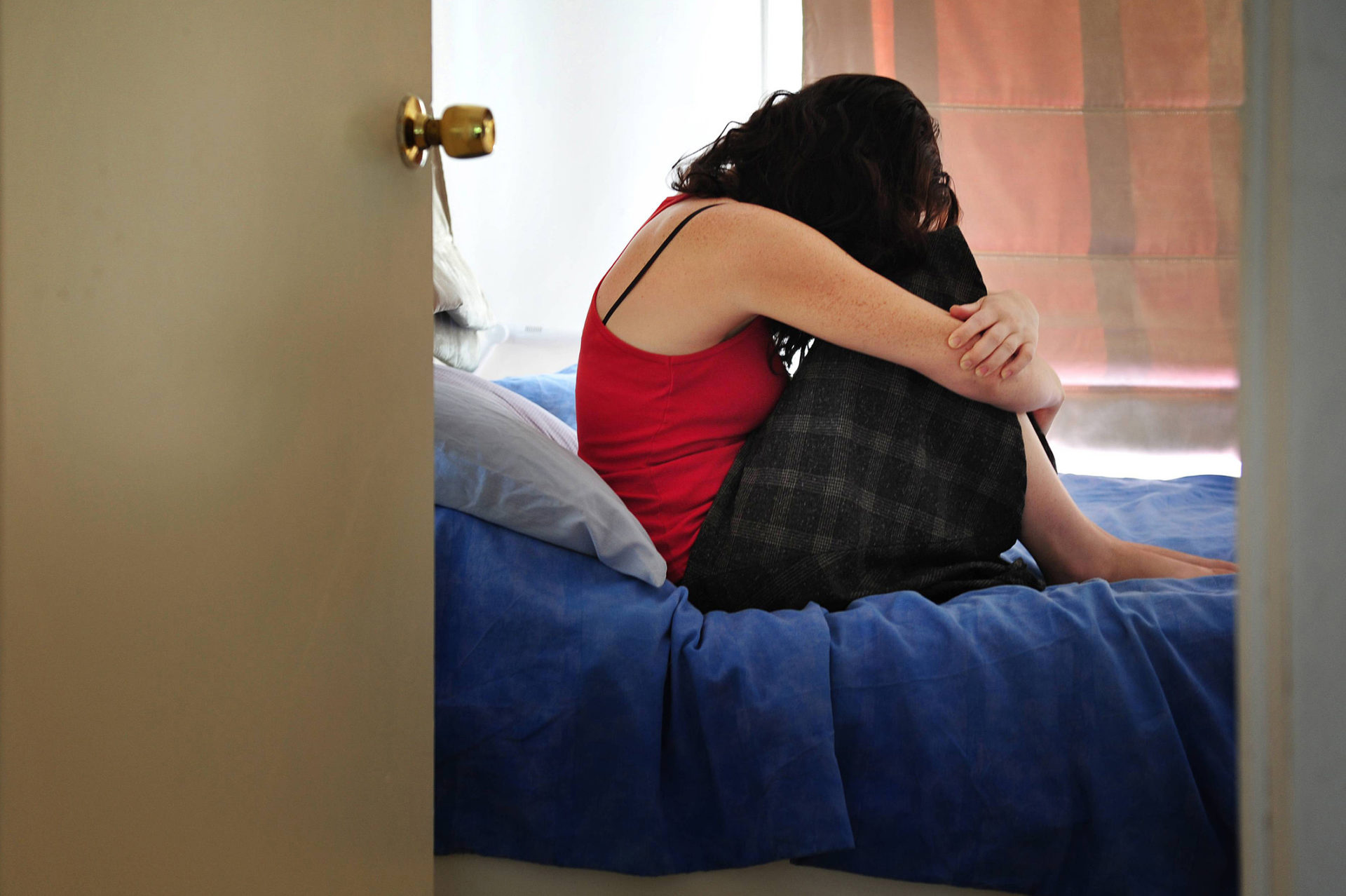
Us Too is a user-led project on domestic abuse for women with learning disabilities and/or autism.
ACT CEO Deborah Kitson was on the expert advisory group for this project. We asked project lead Roderick Landman to explain how his team adapted to life under lockdown.
The team drew on its own experiences to devise learning packages. It had been delivering peer education on how to stay safe in relationships, as well as training for social care professionals on the particular impact of domestic abuse if you have a learning disability or autism. But then came March, Covid-19, and lockdown. After this, just like everyone else, our normal lives became much less normal.
The team had actually started self-isolating before being told to do so. We were only too aware that a number of us had significant pre-existing health conditions, while others were in living situations with people who were very vulnerable to Covid-19. These were often elderly parents or other people with learning disabilities with heart or lung conditions.
Undaunted though, we rolled up our sleeves and cracked on. We anticipated that this was going to be our world for maybe the next 12 months, and the only answer lay online. Initially we were resistant, thinking that online training would be far less effective, and that we didn’t have the skills, support and technical capacity to deliver. Then we discovered Zoom and everything changed!
Finding Our Feet Online
We had a couple of team meetings and found Zoom easy to use, and could see its potential for teaching. So we set ourselves up, had a practice and started to rewrite our training.
However, we could also immediately see some problems. The training for professionals relied heavily on the team members sharing the learning from their own experiences of abuse, and this felt much less safe online. This was fairly easily resolved by agreeing a script from those experiences that were recorded by an actor. It lacks the impact of the immediacy of the lived experience, but as one team member says, “we’ll have to get used to it, it’s the new norm for the foreseeable future.” Evaluation has remained strong.
Altogether more difficult were the difficulties posed for our peer education work. Some of these were technical, but we were mostly concerned with issues of support and disclosure. Our experience until lockdown had been that we were getting disclosures of abuse at almost every one of our training events – whether peer or professional. In a face to face setting we were comfortable in dealing with that. The common experience of people with learning disabilities disclosing abuse is that it is brushed away, minimised or excused. We made sure that did not happen when we worked with people, but we needed to be certain that it would not happen with poorly trained or motivated people who might support learners to join our online training.
We had the good fortune to attract some additional funding from Comic Relief to address these issues. This enabled us to partner with Research in Practice to devise a set of protocols, equip the team with better kit and individualised training in its use, and in November we hope to roll out a pilot online workshop for young women with learning disabilities and autism.
The write up and resultant resources should be available by the end of the year, so if you want to know more, check our website or get in touch.
Roderick Landman
ARC Us Too project lead
